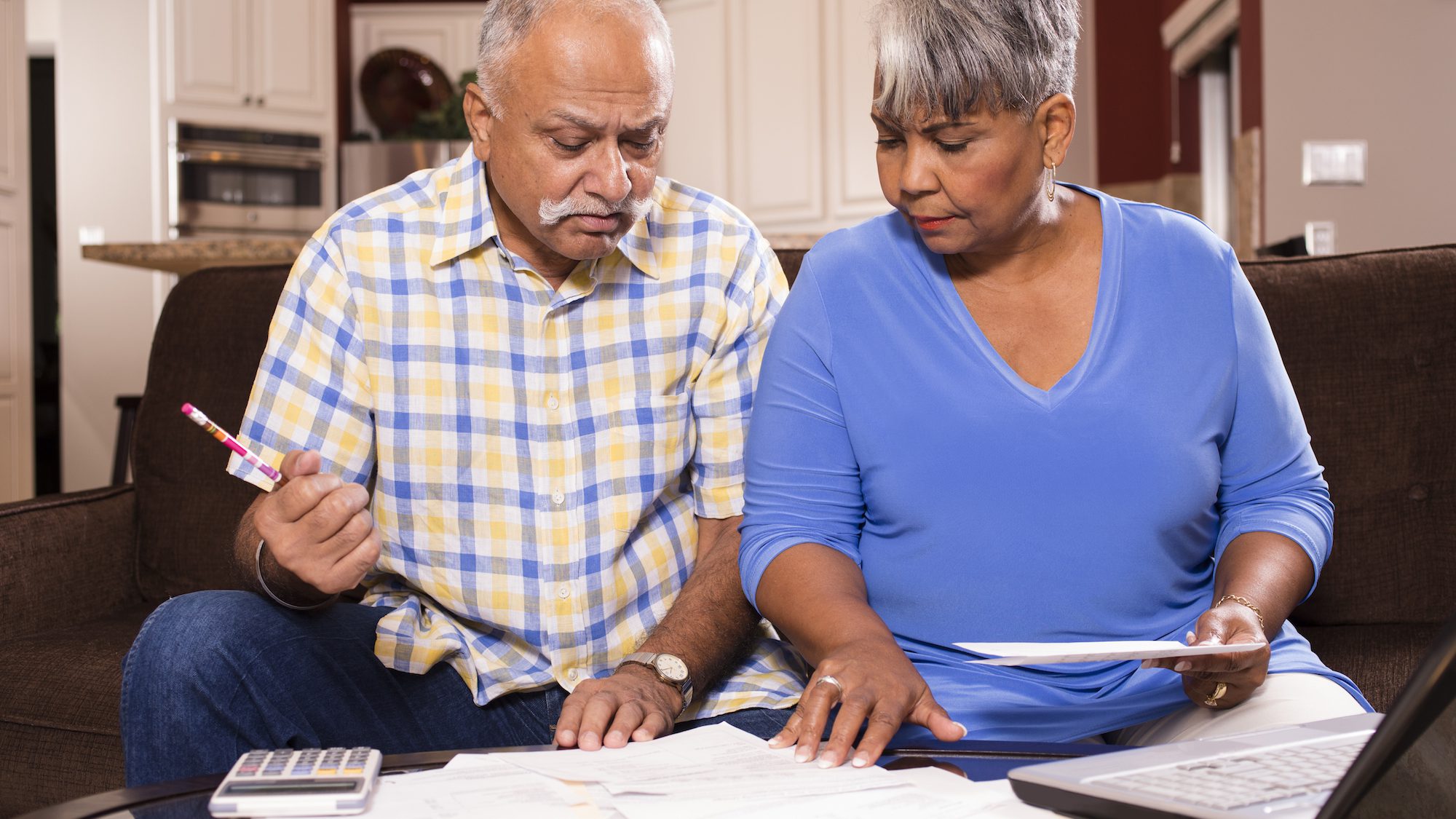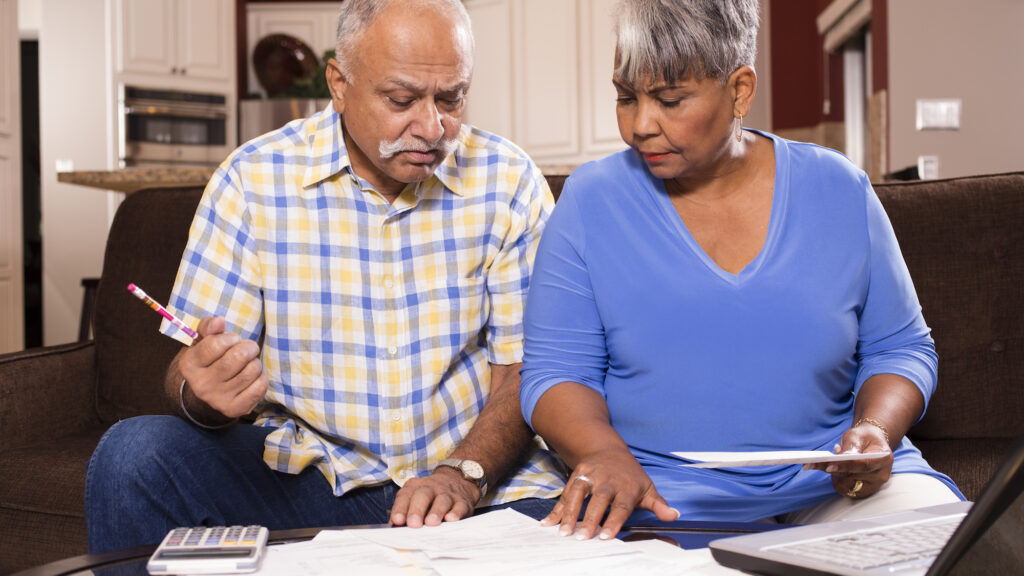
fstop123/Getty Images
The financial pain wrought by COVID-19 has rippled through the housing market. Even folks lucky enough to own their own homes in a time of record-high house prices and a historic shortage of properties for sale haven’t been immune to the harsh economic impact of the pandemic.
While homeowners have typically fared better than renters, many lost income and fell behind on their mortgage payments. Roughly 36% earned less money from March through September, with about 6.3 million homeowners falling behind on their mortgages in October, according to the annual State of the Nation’s Housing 2020 report from the Joint Center for Housing Studies at Harvard University.
Those numbers were even bleaker for communities of color. While 7% of white homeowners couldn’t pay their mortgages in September, 18% of Hispanic, 17% of Black, and 12% of Asian homeowners suffered from the same problem.
While some homeowners may ultimately lose their residences to foreclosures, real estate experts don’t predict another foreclosure crisis like the one the nation experienced in the mid-aughts.
“We’re not having a crash in housing prices. … People don’t have as much mortgage debt,” says Managing Director Chris Herbert of the Joint Center.
But that doesn’t mean there won’t be an uptick in foreclosures if mortgage forbearance and unemployment benefits run out.
“We expect to see a rise in the number of homeowners who are distressed,” he says.
Many folks have been able to hold on to their homes due to the federal government stepping in this spring to offer mortgage forbearance. Homeowners with Fannie Mae, Freddie Mac, and other government-backed loans were eligible for up to 12 months of forbearance on their mortgages. At the end of that period, they’ll have options for loan modifications that include tacking the missed payments onto the end of the loan so nobody owes a big lump sum all at once. The government may also wind up extending the program.
However, about a third of homeowners aren’t covered by this program. Most manufactured homes, like trailers, aren’t eligible either. That makes millions of Americans vulnerable to foreclosures.
Homeowners “tend to have more resources, higher incomes, higher net worths. Those resources better equip them to weather storms like the current health and economic crises,” says realtor.com® Chief Economist Danielle Hale. The pandemic “has hit lower-income and minority homeowners harder.”
While home prices have shot up, rental prices could fall
Renters, who often make less money than homeowners, have been hit the hardest by this crisis. The lowest-income renters were among the most likely to have lost their lower-paying retail, restaurant, hospitality, and other sector jobs—and have trouble paying their rent.
Just under half of renter households lost income from mid-March to mid-September. Roughly 15% were behind on their monthly rents. Many have been helped by a patchwork of eviction moratoriums and other local, state, and federal protections and assistance, including unemployment benefits. Some of these benefits are about to run out.
“There’s a limit to how long [landlords] can … survive without income coming in,” says Herbert.
The good news for renters: Prices are beginning to dip. Home prices remained at record highs due to a lack of properties on the market and insatiable demand. But the opposite is true for rentals—as there are more units available than potential tenants. That’s particularly true in some of the bigger, more expensive cities that residents have been leaving during the pandemic.
Rental prices slipped 0.6% nationwide in the third quarter of this year—compared with rising 2.8% last year, according to CoStar data used in the Harvard report.
That’s because builders have put up more apartment buildings and other rentals in recent years. Vacancy levels hit their highest point in a decade, at 7% of all units remaining unoccupied. The vacancy rate was even higher, at 10.5%, for the fancier, higher-end rentals that have gone up in recent years.
However, there were fewer tenants to fill them. Those who held on to their jobs and are doing well during the pandemic are more likely to buy. Those who didn’t fare as well are more likely to move in with family members or find more roommates, which translates into more people living in fewer units.
Yet despite the economic struggles, most folks have been able to hold on to or find new housing.
“The concern about a large wave of evictions has yet to materialize,” says Herbert. But “we are not out of the woods by any means yet.”
The post The 2020 Effect on the Housing Market: Homeowners Aren’t Immune to the Pain appeared first on Real Estate News & Insights | realtor.com®.
